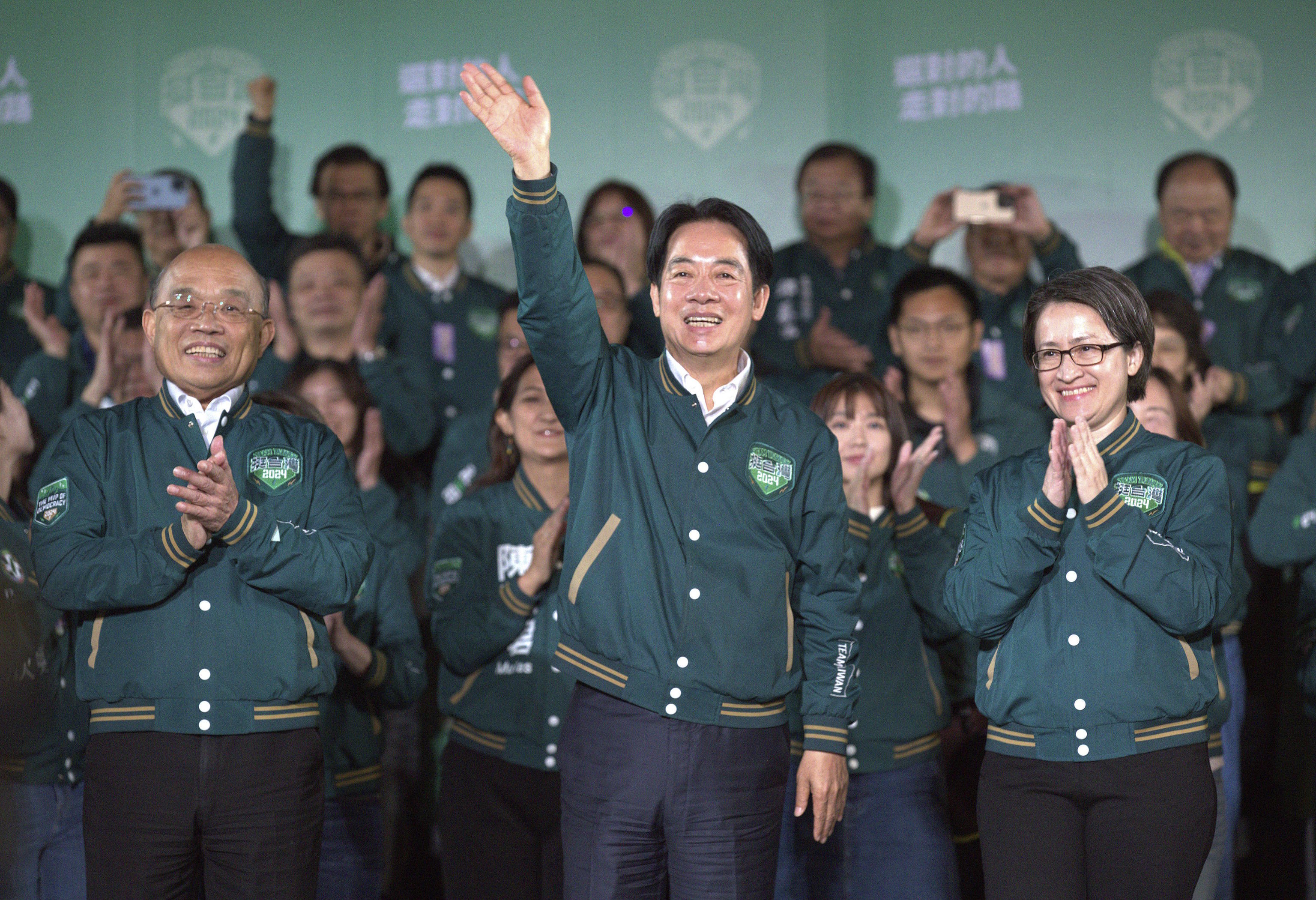The official version released in Taipei regarding its relations with Washington is that security ties remain intact with its main international supporter and major arms exporter. However, privately, Taiwanese officials do not hide their concern about a shift towards Beijing that the Trump Administration would have taken since the two superpowers began negotiating a resolution to the trade war initiated by the U.S. president.
"Since business always comes first for Trump, redirecting economic relations with China is more important than defending Taiwan's democracy, which seems to have ceased to be a priority for the U.S. government," commented a senior official from the self-governing island's Foreign Ministry to this newspaper.
Despite the fact that the United States does not recognize Taiwan as an independent state and adheres to the "One China" policy, it remains the island's main ally. However, unlike the previous Biden Administration, President Trump has not openly stated yet whether he would defend Taipei in the event of an attack by China.
On Friday, hours before a call between Trump and Chinese leader Xi Jinping, the Washington Post reported that the Republican had refused to approve a $400 million package intended for military aid to Taiwan, which included ammunition and drones.
"We have not really received any formal notification about this, but it is not the first time that Trump has halted one of these packages or delayed the approval of arms sales," stated the Taiwanese official. Taipei has also privately complained about the delay in the delivery of already paid American weapons, especially F-16 fighters and Harpoon anti-ship missiles.
In August, during a meeting between U.S. and Taiwanese defense officials, they agreed on a weapons sales package (mostly drones and missiles) that Taiwan would include in an additional portion of its Defense budget, which will increase to 3.3% of its GDP next year. Taiwanese President Lai Ching-te declared a few weeks ago that the island will allocate 5% of its GDP to defense by 2030, far from the 10% demanded by Trump.
During the first term of the Republican administration, Washington approved nearly $18 billion in arms sales to Taiwan. "The U.S. has long supported Taiwan in strengthening its defense capabilities," declared Taiwanese authorities after the news about the arms package halted by Trump.
"Publicly, we cannot admit it because it weakens our position against China's intimidation, but we are concerned about Trump's real commitment to our country," added a veteran Taiwanese diplomat. "When the U.S. has been interested in provoking China, they have used us because they know that everything related to Taiwan is very sensitive for Chinese leaders. But now they weigh their support much more."
In August, President Lai had planned an official trip to Latin America. The initial plan was to stop in New York on the way to Paraguay, Guatemala, and Belize, three of the 12 countries that recognize Taiwanese sovereignty. However, the trip was canceled because the U.S. administration blocked Lai's intention to set foot on U.S. soil, a gesture that would have angered Beijing amid trade negotiations.
Lai had already made a stop in New York in 2023 when he was vice president, before going to Paraguay to attend the inauguration ceremony of President Santiago Peña. The Chinese military responded to that "provocation" by parading their aircraft and warships around the island.
U.S. media reported that Trump himself had ordered this summer to prevent the Taiwanese leader from landing in the U.S. But Taipei denied that Lai had been denied transit permission in the U.S.
At the time the news of the cancellation of the Taiwanese leader's trip came out, trade negotiators from Washington and Beijing were in Sweden discussing a 90-day extension to the trade truce and laying the groundwork for a meeting between Trump and Xi, who will have their first face-to-face during the Asia-Pacific Economic Cooperation (APEC) summit in South Korea from October 31 to November 1. Trump also announced after the last call with Xi that he would visit Beijing in early 2026.
